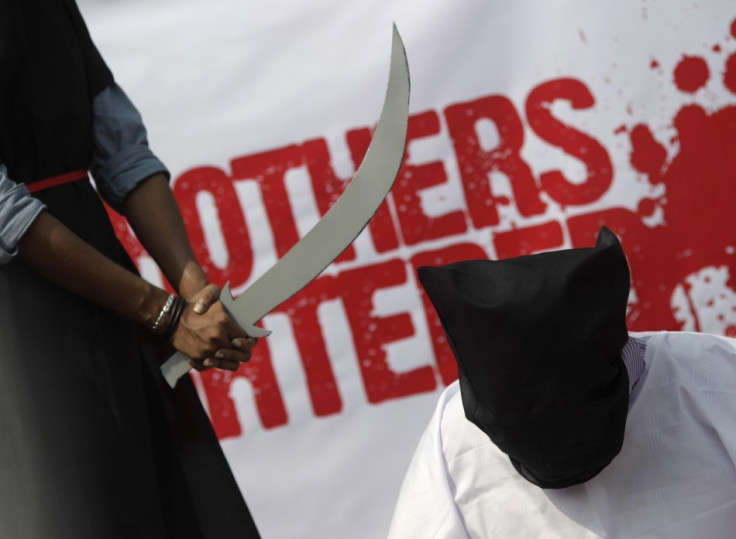Saudi Arabia: Public Beheading Possible for Australian held on Terror Charges
An Australian national detained by the Saudi Arabian government 18 months ago continues to be held in a jail outside Riyadh. There is now concern 25-year-old Shayden Thorne, who has been charged with terrorism-related offences, may face the death penalty.

Thorne was arrested in November 2011 after a laptop believed to belong to him was found to contain "terrorism-related material". Thorne's family say the laptop was borrowed from a mosque but security forces claim it was recovered during a raid on a gathering of extremists.
Bob Carr, the Australian Foreign Minister, has called for the incident to be settled quickly, and said "It's been going on for too long". Carr refused to comment on Thorne's innocence or guilt.
"You are subject to the law of the country you are in. Shayden has chosen to live there for 12 years and the laws of Saudi Arabia apply to him or anyone else in his position," the 65-year-old Senator stressed.
Tortured in Jail
Meanwhile, the Australian Broadcasting Corporation (ABC) quotes Thorne's 23-year-old brother, Junaid Mohammad Thorne, as saying his brother was "beaten very badly". Junaid also demanded to know why the government took 18 months to make the charges public and why they had detained him for so long in the absence of formal accusations.
Thorne's mother, understandably upset, accused the Australian government of dragging their heels over the situation. She claimed: "If they've got evidence against them OK, fine, but there's nothing. I just think that they [Canberra] are not doing as much as what they should be."
Experts Urge Caution
In what is likely to disappoint Thorne's supporters further, international policy experts believe there is a real threat of a death penalty for the young Australian.
"We really have to understand Saudi Arabia is an authoritarian regime, it's a heavy police state. They come down very strongly on... someone posing a security threat... own understanding of how to manage interrogations and jail terms, they are not a democracy," Alexey Muraviev, a researcher with Curtin University in Perth said.
© Copyright IBTimes 2025. All rights reserved.





















